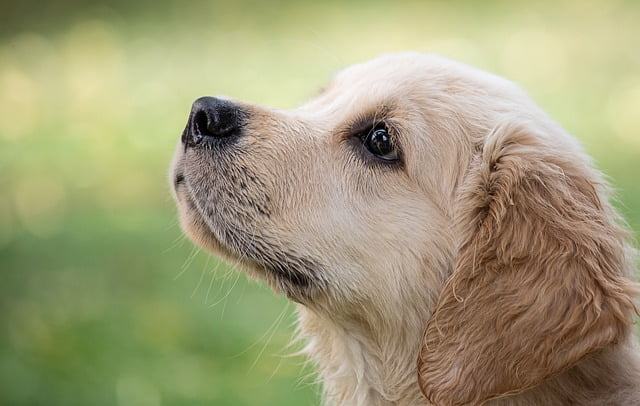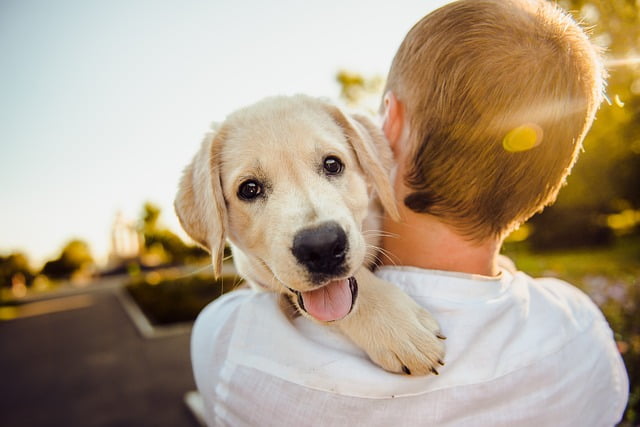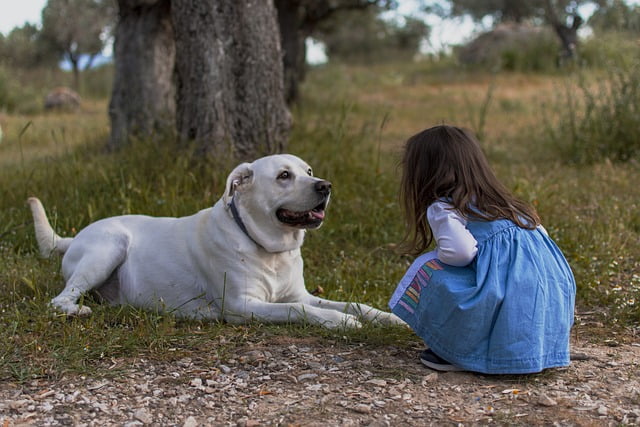Scientific Reason Behind Dogs Being So Friendly

Dogs have earned their reputation as “man’s best friend” for a reason. Their loyalty, affection, and unwavering friendliness make them beloved companions in households across the globe. But what lies beneath their endearing behavior? In this blog post, we’ll delve into the fascinating Scientific Reason Behind Dogs Being So Friendly.
Why Dogs Being So Friendly Scientific Reason Behind It
- Domestication: A Millenia-Long Bond
- Oxytocin, the Love Hormone
- Selective Breeding for Social Behavior
- Communication Skills
- Companionship’s Evolutionary Advantage
- Emotional Intelligence
Why are dogs so friendly?
Domestication: A Millenia-Long Bond
The first step towards understanding why dogs are so friendly lies in their domestication. Scientists believe that dogs were domesticated from wolves over thousands of years.

The friendliest and most sociable wolves were more likely to coexist with early human communities, leading to a gradual selection for these traits over generations. As a result, dogs evolved to be naturally inclined towards forming strong bonds with humans.
Read More: 10 Importance of Animals in Our Life
Oxytocin, the Love Hormone

Research has shown that both dogs and humans experience an increase in oxytocin levels (often referred to as the “love hormone”) when they interact with each other. Oxytocin is associated with social bonding, trust, and attachment. This hormonal response fosters a deep emotional connection between dogs and their human companions, reinforcing their friendliness.
Read More: 8 Transformative Ways to Infuse Positive Effects into Our Lives
Selective Breeding for Social Behavior

Humans have selectively bred dogs for specific traits and behaviors, including friendliness. Breeds like Labrador Retrievers and Golden Retrievers are renowned for their friendly and sociable nature. Through breeding practices, humans have amplified the genetic predisposition of these breeds to form strong bonds with people.
Communication Skills
Dogs have evolved an impressive ability to communicate with humans through body language, vocalizations, and expressions.

They can read human emotions and respond empathetically, further strengthening the emotional connection. This effective communication enhances the perception of friendliness and understanding between dogs and humans.
Read More: 12 Effects of Natural Resource Depletion on Human Life
Companionship’s Evolutionary Advantage
From an evolutionary standpoint, forming social bonds with humans offered dogs distinct advantages. Early dogs gained access to food, protection, and shelter by forming cooperative relationships with humans.

Over time, these bonds became deeply ingrained in their genetic makeup, solidifying their status as one of the most friendly and loyal animal companions.
Emotional Intelligence
Dogs have exhibited an exceptional level of emotional intelligence. They can sense human emotions and respond accordingly, offering comfort and support during times of stress or sadness.
Read More: 10 Human Problems That Only Nature Can Solve

Their ability to provide emotional reassurance has made them invaluable as therapy animals and in various roles supporting human well-being.
Conclusion
The science behind dogs’ extraordinary friendliness is a testament to the intricate interplay of genetics, evolution, and social bonding. From their roots as wild wolves to their current status as cherished family members, dogs have evolved to be more than just pets; they are true friends to humans.
Read More: Top 10 Most Friendly Animals to Humans in the World

Their ability to connect on an emotional level, display loyalty, and provide unwavering companionship continues to enrich our lives in immeasurable ways. So, the next time you enjoy a loving nuzzle from your furry friend, remember that science has played a pivotal role in shaping this incredible bond.




